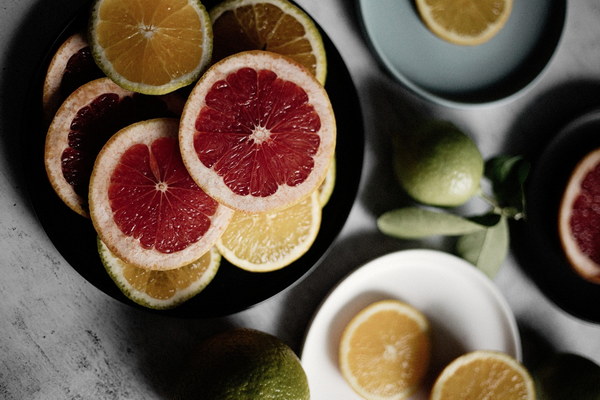The Healing Elixirs Exploring the World of Traditional Chinese Soup Noodles
In the realm of Chinese culinary traditions, soup noodles stand as a testament to the nation's deep-rooted connection with health and wellness. Among the various types of soup noodles, one that has gained significant popularity is the traditional Chinese medicinal soup noodles. These elixirs not only tantalize the taste buds but also promise to nourish the body and mind. Let's delve into the world of traditional Chinese medicinal soup noodles and explore their unique characteristics, ingredients, and health benefits.
Medicinal soup noodles are a fusion of traditional Chinese medicine (TCM) and culinary art. They are believed to offer healing properties and enhance overall well-being. These soups are typically made with a combination of herbs, spices, and other natural ingredients that have been used in TCM for centuries.

One of the most popular types of medicinal soup noodles is the Baihuatan. This soup is made with a special herbal broth and is known for its cooling and calming properties. It is often recommended for those suffering from heat-related illnesses, such as fever, inflammation, or acne. The key ingredients in Baihuatan include Scutellaria baicalensis (white peony root), honeysuckle flower, and lily bulb, which all work together to create a soothing and rejuvenating experience.
Another well-known medicinal soup noodle is the Guizhi Tang, which is famous for its warming properties. This soup is perfect for those who suffer from colds, flu, or chills. The broth is made with cinnamon twigs, dried tangerine peel, and ginger slices, which help to expel coldness and boost the immune system. Guizhi Tang is also believed to improve digestion and relieve pain.
For those who seek to strengthen their bodies and boost their energy levels, Danggui Suanzaoren Tang is an excellent choice. This soup is made with angelica root, peach seed, and other natural ingredients that help to improve blood circulation and enhance vitality. It is often recommended for women during their menstrual cycle or for those who suffer from fatigue and weakness.
One of the most distinctive features of medicinal soup noodles is their ability to cater to specific health needs. For instance, Shenqi Guizhi Tang is a popular choice for those who wish to improve their memory and cognitive function. The soup contains ingredients such as ginseng, codonopsis, and ginkgo biloba, which are known for their brain-boosting properties.
The process of making medicinal soup noodles is quite intricate. The ingredients are carefully selected and measured, ensuring that the proportions are accurate. The herbs and spices are then simmered for hours, allowing the flavors to meld together and release their healing properties. The resulting broth is rich and aromatic, and when paired with hand-pulled noodles or rice noodles, it creates a warm and comforting meal.
In addition to their health benefits, medicinal soup noodles are also a delightful culinary experience. The vibrant colors of the herbs and spices, combined with the rich and savory broth, make for a visually stunning dish. The texture of the noodles, whether they are thin and delicate or thick and hearty, complements the soup's robust flavors.
It is important to note that while medicinal soup noodles offer numerous health benefits, they should not be used as a substitute for professional medical treatment. If you have any health concerns, it is best to consult with a healthcare provider before incorporating these soups into your diet.
In conclusion, traditional Chinese medicinal soup noodles are a treasure trove of health and culinary delights. With their rich history and healing properties, these soups are more than just a meal; they are a reminder of the profound connection between food and wellness. So the next time you're in the mood for something comforting and nourishing, consider giving medicinal soup noodles a try and experience the magic of ancient Chinese wisdom.









